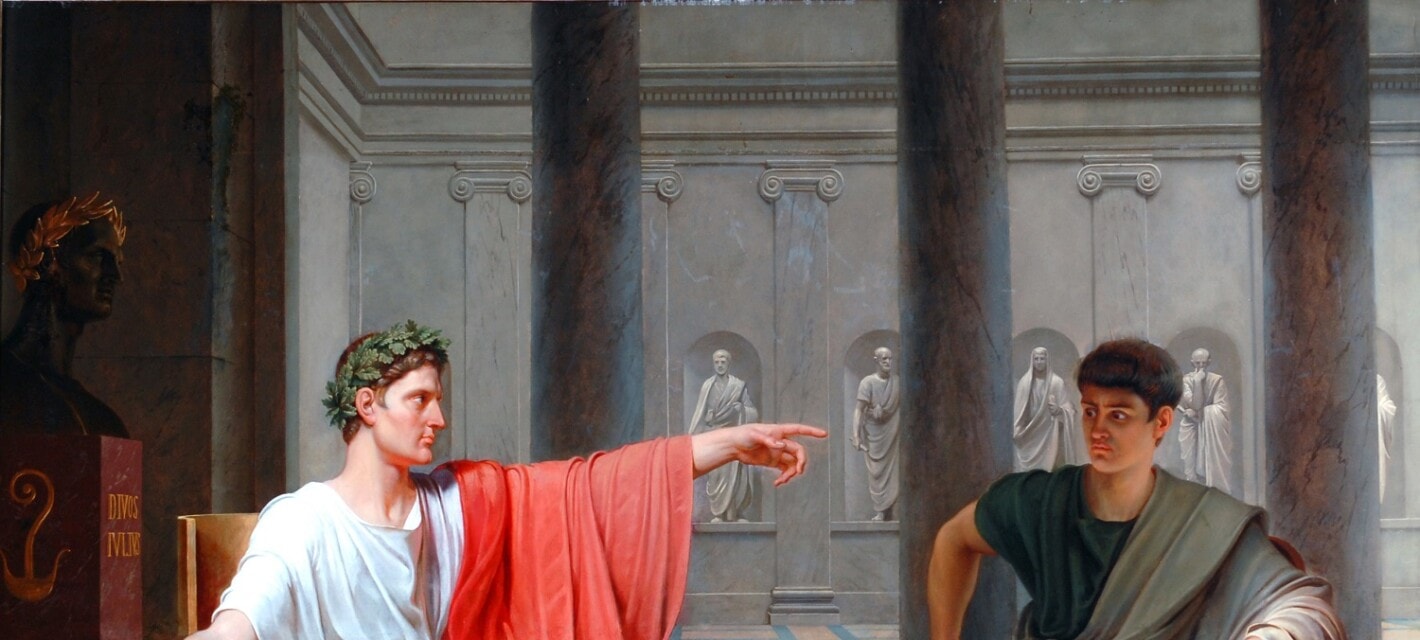The Roman Republic and its Roman Empire successor are mostly remembered for both their glories and follies – both done on a grand scale. A great civilization that collapsed centuries ago, yet its legacy is still felt to this day. A culture that produced titans like Cicero, Caesar, and Augustus, and travesties like Caligula, Nero, and Elagabalus. However, ancient Rome was not just about big names and bigger deeds. It consisted overwhelmingly of everyday people who went about their daily lives, as they tried to better themselves and their families. Below are thirty things about some fascinating ancient Roman facts.

30. Roman Funerals Were Over the Top
Ancient Romans saw themselves as the serious and stolid types. They were into the stiff upper lip and frowned upon excessive displays of emotion. They made an exception for funerals, however. On the one hand, the more people attended a funeral, and the showier the funerary procession was, the more respected the deceased was. On the other hand, an excessive display of grief by the deceased’s relatives – especially when it came to upper-class Roman families – was seen as undignified. To solve that conundrum the ever-practical Romans hired professional mourners.

The deceased’s family paid special women to weep, wail, grieve loudly, and engage in other emotional displays that well-born Romans were not supposed to demonstrate in public. To seriously sell their sadness and impress the crowds, professional mourners threw dust and dirt on themselves, tore out their hair, ripped their clothes, and scratched their faces until they drew blood. Eventually, such ostentatious displays became too much. So laws were passed to prohibit the hiring of professional mourners because their antics “invoked strong emotions and were incompatible with the idea of the quiet life of the citizen“.

